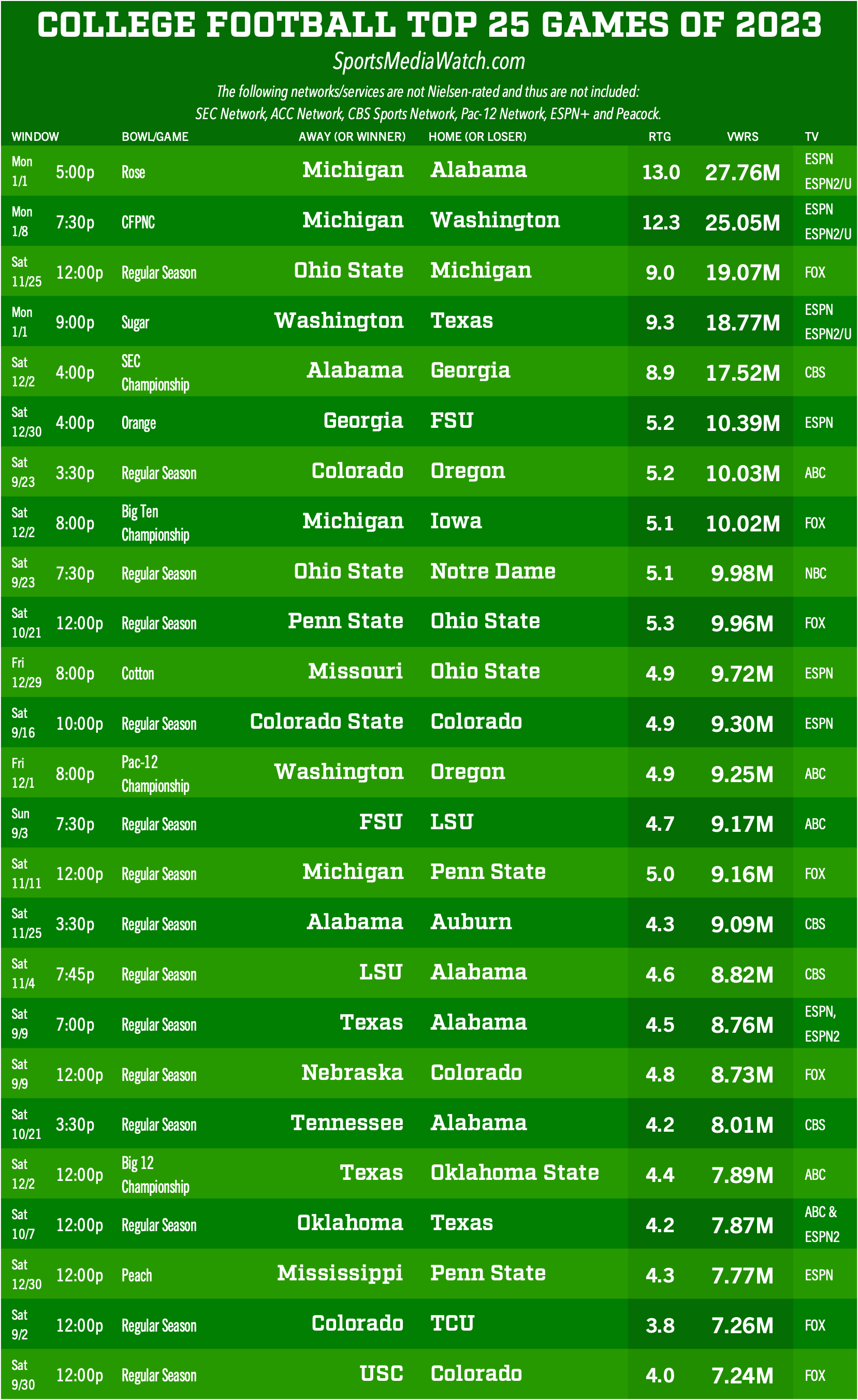Serious question as I am certainly not a lawyer... if FSU wins, that would open the door for all teams in the ACC, right? I can't imagine they would be arguing that they specifically shouldn't be bound to it. So do we think that FSU would be more likely to win if Miami joined? If not, why not let FSU fight it out, save some money, save good will with the ACC (theoretically) if it fails and reap the rewards if they succeed.
I know that you will often see multiple states join lawsuits together, so maybe there is some legitimate reason to join, just curious for anyone that has better knowledge than me.
A few things.
First, yes, F$U is seeking a declaratory judgment. But that would apply to them. IF IF IF someone else wanted to use that as precedent, fine, but some of the non-lawyers can misunderstand "precedent". It's one thing to have "legal precedent", such as a Supreme Court case that says, in the future, all police officers have to give a "Miranda" warning to suspects. But it's another thing to have a factual precedent. Because F$U is not going to court to "set the ACC free", they are going to court FOR THEMSELVES. So a win in court is not some sort of self-executing document where SUDDENLY we are all free to exit.
At best, we would then have to go to court and try to cite the F$U case and why it should apply TO US. And that takes time. And money. I'm not sure where this concept of "let F$U do all the heavy lifting" comes from. It's nothing personal, but that's just a lazy legal strategy, and I don't see where any "saved goodwill with the ACC" comes in either, as the ACC is fully aware of the complaints and dissatisfaction.
Second, I think you have a much more credible lawsuit if MULTIPLE schools go into court to explain how the GOR was misexplained, misapplied, and used as an IMPROPER secondary penalty to exiting the league, rather than to let ONE school make a solo argument. No matter who anyone thinks the "parties" are, whoever opposes F$U's exit is going to cross-examine F$U to make it seem like their primary motivation NOW is the CFP snub. A broader attack, involving multiple schools, blunts that kind of cross-examination by the defense.
When you analyze this, you have to ask...right now, F$U is asking the court for a DECLARATORY JUDGMENT. They want a court to declare "yeah, this GOR is crap, you're out of it, F$U". And what is interesting is WHO IS GOING TO MAKE THE OTHER SIDE OF THE ARGUMENT?
It's either the ACC or ESPN. And either party (or both) has issues to overcome.
If it's the ACC, then why are they fighting to defend the GOR? After all, a GOR "should" only be an assignment mechanism for having multiple parties assign whatever things are "necessary" so that an organizational group can go out and negotiate a contract that benefits all of the relevant parties. If the ACC tries to argue "oh, but you owe us $50M a year for 10 years", then you will come perilously close to an impermissible SECOND exit penalty. Because courts have been pretty clear that you can't use OTHER documents to double or triple or otherwise increase an ALREADY AGREED UPON exit fee contained in the organizational documents themselves. And why should the ACC care? If one school leaves, and ACC pays less, then you GIVE LESS. Because the school that left IS GONE. Why should there even BE a penalty for exiting a GOR, at least as the penalty is structured? This should ALWAYS have been a "liquidated damages" clause, where the penalty was agreed upon in advance. The vagueness of how much a school owes to EXIT THE GOR is one of the inherent weaknesses of a GOR (as the ACC's GOR is currently structured). And don't even get me started on the GOR "extension" document. Anyhow, I've already discussed those issues previously.
If it's ESPN, then why the **** are they fighting to defend the GOR? They already purchased the bundle of rights from the ACC. Any expansion (more teams) or contraction (fewer teams) is most likely DUPLICATE covered by the TV contract itself. Thus, if after 10 years, the "new ACC" looks a lot different from the "OG ACC", then ESPN has plenty of EXISTING mechanisms for increasing or decreasing the payout to the ACC. So why should they ALSO withhold money from a school under the terms of the GOR? That would already happen under the TV contract. ESPN is not about to be "stuck" paying the newer/crappier ACC for the "original contract terms", and then having to go back to court to claw back the overpay. IT'S ALREADY CONTEMPLATED. In the TV contract.
So F$U's strategy is good and proper. They are asking a court to DECLARE that the GOR does not bind them. Smart. No argument over "damages" or "breach" (not directly, at least at the outset).
I simply think that you make a STRONGER argument for declaratory judgment when you have MULTIPLE schools making the same argument, that way the court can't view it as "one bitter party out of 15".
